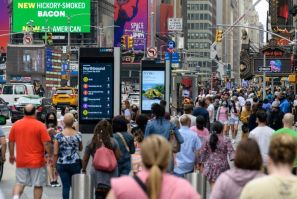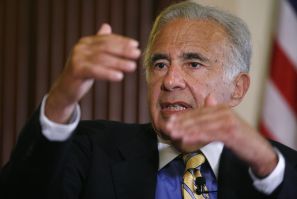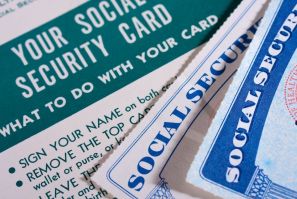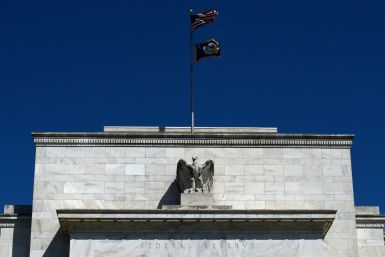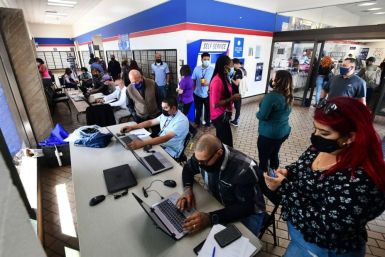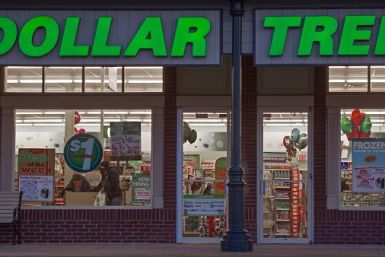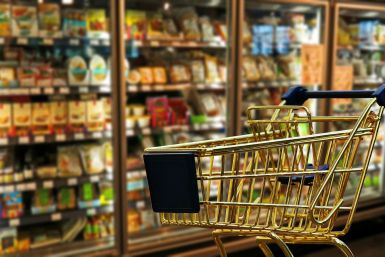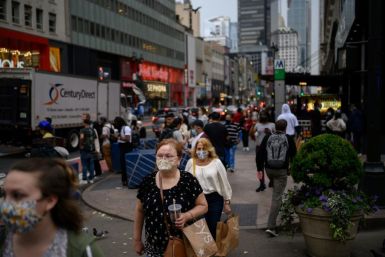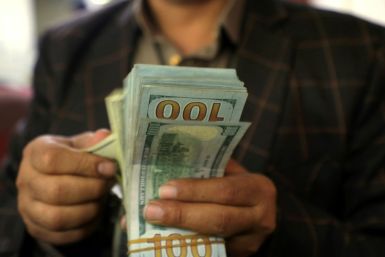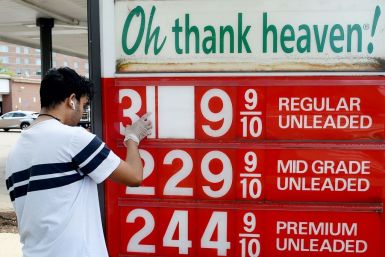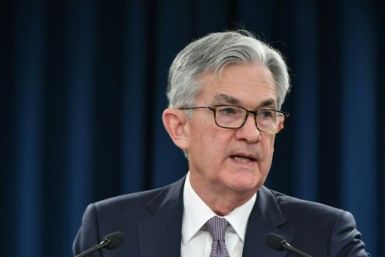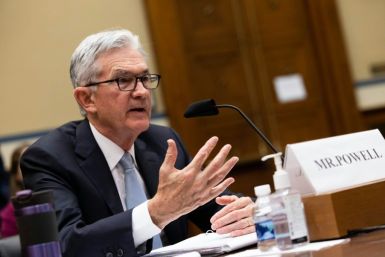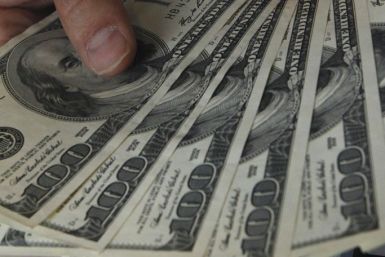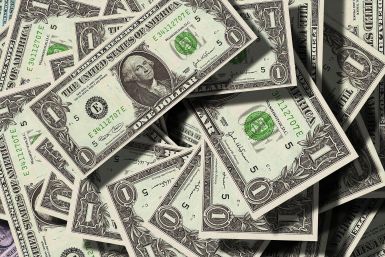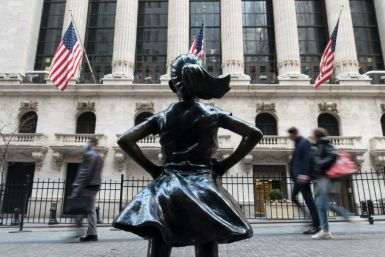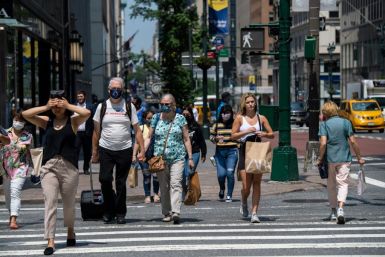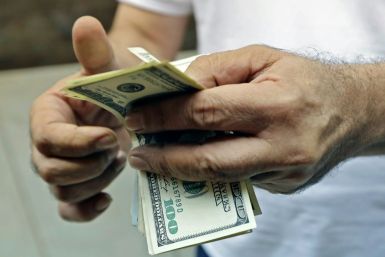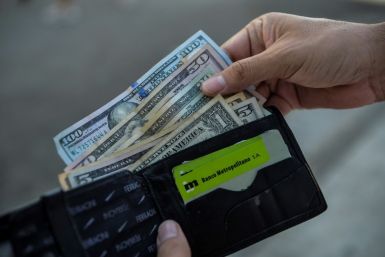Inflation has spiked again in September after food and energy prices’ rise outpaced declines in other goods categories.
The U.S. Federal Reserve has signaled that it remains on track to begin tapering off its asset purchase program in November despite a recent poor job report for September.
Small business owners are not particularly optimistic going into the final quarter of 2021, chalking their pessimism up to ongoing shortages, inflation and new taxes looming over the horizon.
Prices have been going up largely due to inflation caused by pandemic-related demand.
Prices for goods and services reached a 30-year high on Friday.
About three-quarters of Americans say they have experienced higher than expected prices in the past three months, a survey found.
U.S. consumers are not happy about the state of the economy.
Consumers were hit by another month of significant price increases in August, but signs of recovery are starting to beckon.
This marks the biggest annual increase since 2010.
Federal Reserve Chairman Jerome Powell signaled that the time was approaching for the central bank to curb its bond-buying programs, but remained leery of taking any "ill-timed" policy moves amid questions over rising inflation.
A trio of Federal Reserve presidents from across the United States shared their thoughts on what the bank should do next to help the economy and prevent it from overheating amid rising inflation and a worrisome housing market.
The producer price index for final demand increased at a 7.8% pace since last July, the fastest on record.
Coffee drinkers will see a price difference in roasted coffee beans and ground coffee in supermarkets in the coming weeks.
The national debt at the end of June was $28.5 trillion, with the year’s budget deficit sitting at $3 trillion.
Consumer sentiment has fallen in July amid growing concerns of inflation.
Gristedes owner John Catsimatidis warned that inflation will drive grocery prices higher in October even as President Joe Biden called inflation "temporary."
One area isn’t being hurt by inflation—and there are no concerns about it having an effect in the future.
Consumer sentiment has fallen in July due to concerns of inflation.
"Inflation has increased notably and will likely remain elevated in coming months before moderating," Federal Reserve Chairman Jerome Powell said.
The Labor Department's Consumer Price Index has been trending upwards since January.
Thanks to several rounds of stimulus checks as well as interest rates that have been kept near zero since March 2020, prices have picked up noticeably in 2021, peaking in the latest reading.
While prices initially took a dive during the crisis - due to falling out-of-house demand and decreased need for fuel - they are now roaring back, exceeding pre-crisis levels as the United States gets ready to open up again.




